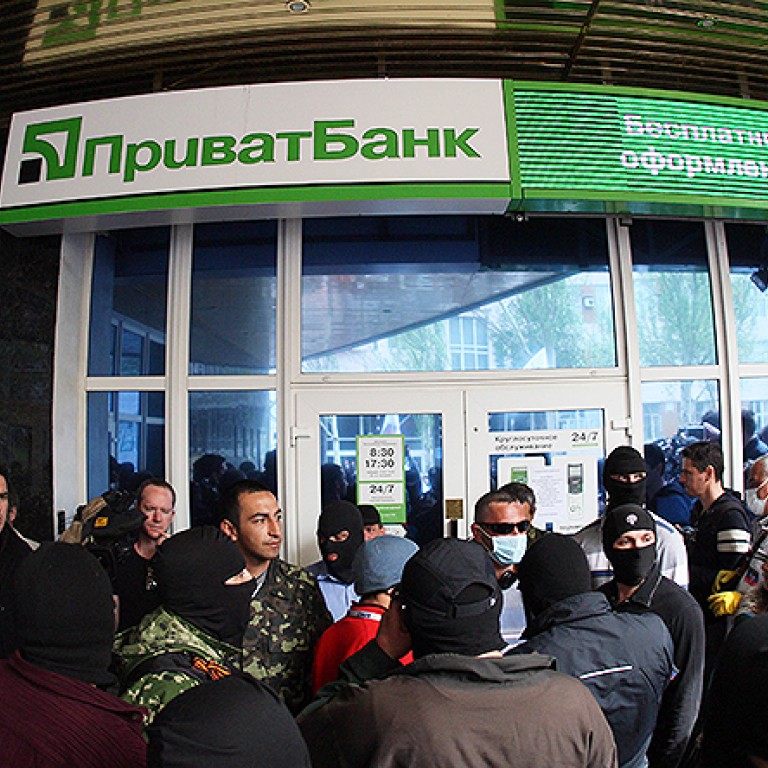
The myth of a divided Ukraine
Innes Doig says facts belie Ukraine's image as a nation torn between Ukrainian and Russian speakers, and by a choice of Russia or Europe
A recent conversation took place in Hong Kong between two Ukrainians. One was a Ukrainian native speaker, the mother tongue of the other was Russian. Both spoke in their respective first languages and the conversation flowed smoothly. It is a situation repeated every day in the country itself.
The Russian speaker is my wife; I lived in Ukraine from 2003 to 2006. Both our daughters were born in the country. All three of them, despite having Russian as their first language, speak fluent Ukrainian. In this they are not exceptional.
As this great country experiences distressing destruction, the issue of language is the biggest myth I continually hear. How often is the fact reported that there are both Ukrainian- and Russian-language schools in most parts of the country?
Believe any of the maps purporting to show the country's linguistic divide and Kiev would be a city where Ukrainian clearly dominates. Not so. Andrey Kurkov, Ukraine's most widely read contemporary author, pens all his darkly witty novels in Russian. No one has been persecuted for speaking Russian - ever.
The other major myth is of an irrevocable split between "pro-Europeans" and "pro-Russians". Most people simply want to preserve the unity of the nation, cut the appalling levels of corruption and build a better future. If they look to Europe, they aspire economically to be the next Poland, not Germany. They want good ties with both Europe and Russia. Many have family in Russia or worked there.
The average Ukrainian is really not interested in playing geopolitical games and is, anyway, used to the country being pulled from a number of sides - the word Ukraine after all means "borderland". Membership of Nato is a non-issue.
Despite the current violence, I have never experienced Ukrainians as particularly aggressive. The orange revolution that started in 2004 was by far the most peaceful mass protest I have ever witnessed. All Ukrainians I know are disgusted at the anarchic images of youths armed with baseball bats storming local government buildings.
In Kiev, I lived next to the Olympic Stadium but match nights were always safe. A recent trend, in fact, is for fans from opposing teams to demonstrate together for Ukrainian unity before a match. Tens of thousands of fans did so at a recent game in Donetsk, supposedly an entirely "pro-Russian" city.
After former president Viktor Yanukovych fled, his estate was visited by countless Ukrainians curious to see his questionable aesthetic sense. They didn't loot or burn it to the ground but politely stayed outside, peered through the windows and went home.
Recent events have unfortunately blurred Ukraine's strengths and potential. It has an exceptionally well-educated workforce and vibrant economic sectors from agriculture and space technology. And it has fabulous cities.
Odessa is my favourite, unfortunately the scene of sickening events last week. This Black Sea port city has long been home to writers and musicians, has a large Jewish population, a reputation for humour and a long history of accommodating and trading with people from all backgrounds and nationalities. Odessa's openness symbolises Ukraine for me and I fervently hope it will be its future.
